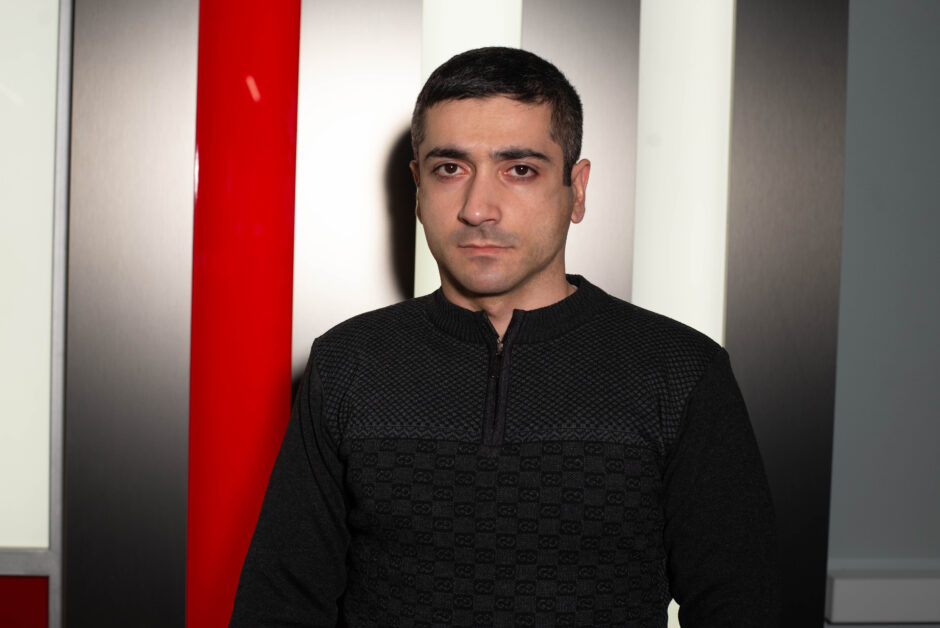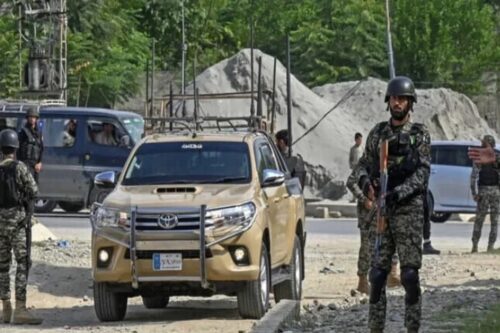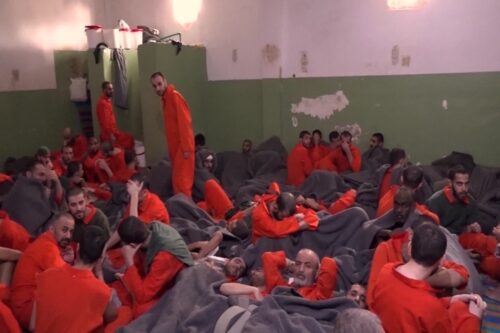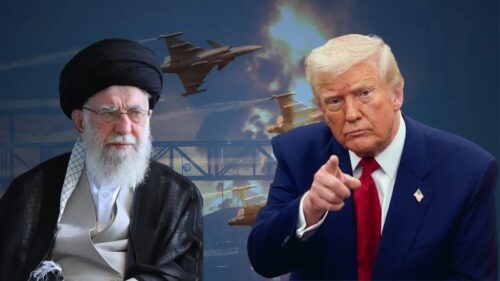
Azerbaijan is changing the logic of equipping its army
According to the European External Action Service, EU states are also engaged in the process of arming Baku. As the service reports, the EU has provided Azerbaijan with weapons worth 339 million euros. It is noteworthy that out of those 339 million, 148.3 million is the share of France, which is considered almost a strategic ally by the Armenian government circles. According to Army Recognition and various open sources, Azerbaijan has received MO-120RT-61 120 mm mortars, Renault Sherpa2 armored vehicles, MICA and Astra30 anti-air missiles from Paris. It should be noted that France misses no opportunity to announce that it supplies Armenia with purely defensive weapons. But, in fact, they do not hesitate to sell offensive weapons to Azerbaijan. In any case, 120-millimeter mortars cannot be called by another word than offensive. The other EU countries that have sold arms to Azerbaijan were the Czech Republic, Bulgaria, Italy, Spain and a number of other countries, whose portion of supplies was relatively small. In addition to the EU countries, the U.K. from the Western countries has also sold arms to Azerbaijan, worth a total of 86 million pounds sterling.
According to SIPRI (Stockholm International Peace Research Institute), until 2015, the main countries selling arms to Baku were Russia with a 60% share, Israel and Belarus with a share of 26% and 7.1% respectively, the Czech Republic, Slovakia, Ukraine, Spain, Romania, and Bosnia and Herzegovina. However, according to the same SIPRI figures, since 2015, Azerbaijan has changed the ratio of arms purchase in favor of Israel, whose share has reached 60%. There have been two reasons for this change. First, Azerbaijan considers Israel a country with closer common interests than Russia. Second, Russia did not have drones and advanced weapons close to Western standards that Azerbaijan was interested in. The share of Turkish weapons in Azerbaijan has reached 3.2%. However, this figure raises doubts, as Ankara has supplied Baku not only with simple firearms, but also with self-propelled artillery systems, rocket launchers, Bayraktar and other types of drones. It is noteworthy that recently, Azerbaijan acquired 155-millimeter NORA self-propelled artillery systems from Serbia.
Judging by the new political currents in Azerbaijan, we can say that Baku has purposefully expanded its weapon acquisition geography. Azerbaijan acquires weapons from all those countries whose arms industry is not burdened with the supply of weapons to various conflict zones and that are ready to supply the necessary weapons and ammunition in a short period of time at relatively low prices. The $1.6 billion contract between Islamabad and Baku clearly attests to this. Under the contract, Azerbaijan should purchase eight Pakistani-made combat aircraft with appropriate weapons and ammunition. Some theorists state that these unprecedented volumes of arming of Azerbaijan is not that much against Armenia, but against neighboring countries, particularly Iran. This claim would be somewhat realistic if there was a global invasion against Iran by the West, in which Azerbaijan could play its small role. In the absence of a global invasion, Azerbaijan with its human resources, a few Pakistani fighter jets, Serbian, Czech self-propelled systems and French mortars can do nothing against this powerful Middle Eastern powerhouse. However, the said weapons are more than enough to wage a new and larger-scale war against Armenia, which has adopted an inappropriate pacifist policy. In this regard, some may say that the military equipment hastily acquired by Baku may not be of high quality. But let us note that, unlike Armenia, Azerbaijan is more competent and pragmatic in its weapon acquisition policy. Instead of the Indian-made ATAGS systems — towed and almost two to three times heavier than its analogues — that Armenia plans to acquire, Baku has focused on self-propelled artillery, because, from a military point of view, they are more mobile, can open fire and quickly change position, thus making the fight against such equipment more difficult. Or, let’s say, instead of the three expensive French radars, Azerbaijan buys offensive drones, which increase their fire capabilities.
Baku is devoid of the sentimental views that arms from the West or another country can become a “beacon of hope” for them. Instead, they are busy arming themselves quickly and at low prices, and are preparing for a new war with Armenia as long as the political situation is on their side.
Ashot Barekyan


